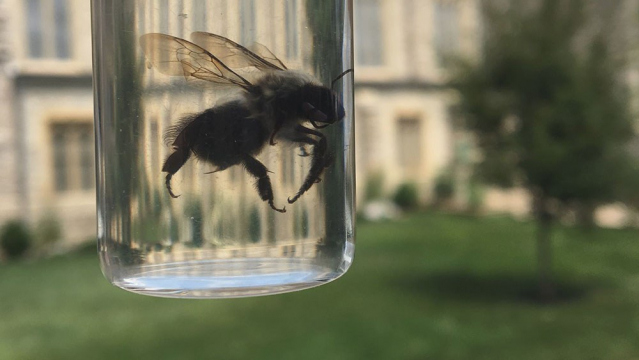Program Overview
Students in Penn State’s Intercollege Graduate Degree Program in Ecology:
- Gain a thorough understanding of ecological theory and hypothesis testing
- Conduct research that tests basic ecological theories or applies ecological principles to meet critical societal needs
- Engage with faculty members from across Penn State in their coursework and research
- Develop their communication and leadership skills
- Earn M.S. and Ph.D. degrees



